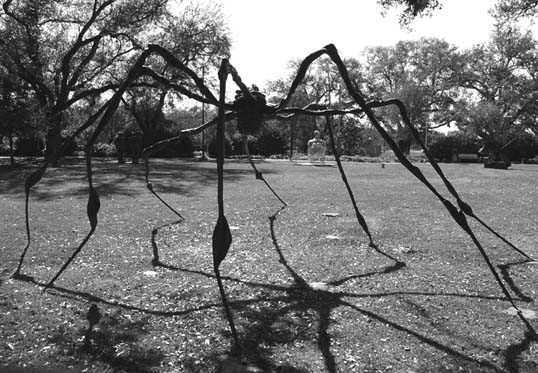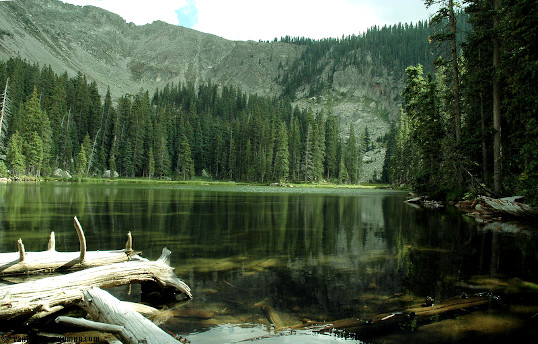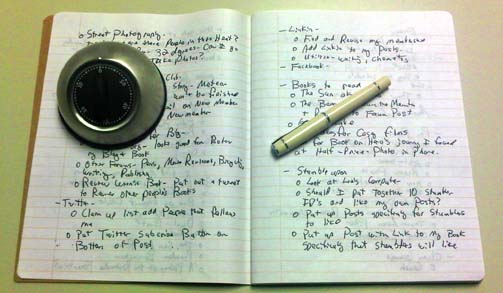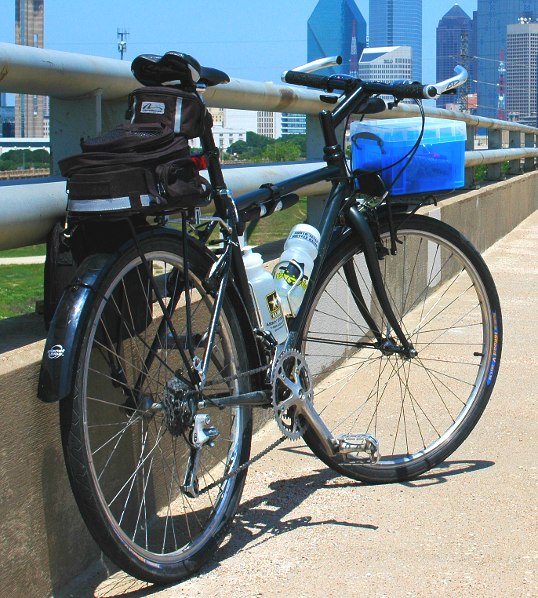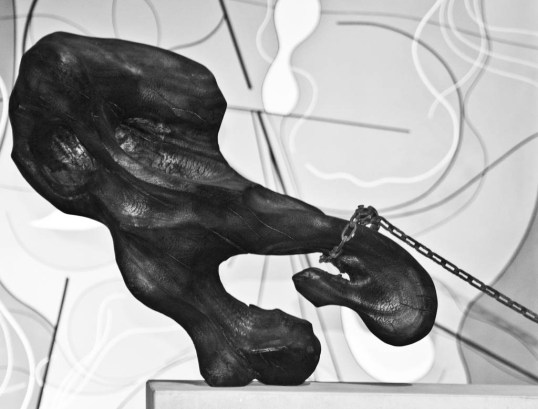“Naturally, the system would have to be rigidly closed, recycling all food, air, and other expendables. But, of course, that’s just how the Earth operates—on a slightly larger scale.”
― Arthur C. Clarke, Rendezvous with Rama
Box of Spiders
Orion was late and he was keeping Jemma waiting. Orion was never late. Jemma was thirteen and Orion was her best friend and she was sure that he would be her best friend for her entire life and she was upset that he was making her wait. She was also upset at the odd conversation they had by text that morning.
“Will you be at the park today,” said Orion.
“Same as ever Saturday,” was her reply.
“Good, I have a surprise,” said Orion.
“Really? What is it?”
“Wouldn’t be a surprise.”
“Oh. Can’t wait.”
“One more thing.”
“What?”
“Are you afraid of spiders?” asked Orion.
“Very.”
“Shame, we’ll see.”
And Jemma was very afraid of spiders, even though she had never actually seen one. Probably, she thought, she was especially afraid of them because she had never seen one. There is that human natural fear, of spiders and snakes and things like that, with nothing to ameliorate it – no exposure. That’s what she had been taught in school, how different things were now and how careful they all had to be. How there was so little room for error.
And now Orion was there, coming up the slight rise in the park where Jemma was sitting, cross-legged, on the lush lawn. He was lugging a large box.
“You’re late,” said Jemma.
“Sorry, couldn’t be helped.”
“Is that my surprise?”
“It sure is!”
“Are there spiders in that box?”
“Yes, there are. Now, Jemma, don’t be afraid. They are very carefully bred and trained and aren’t dangerous. They are wonderful and I can’t wait for you to meet them,” said Orion.
Orion set the box down on the grass and carefully lifted the lid. Jemma felt her heart leap and her face became hot as she peeked over the edge.
The box was full of spiders, each one carefully folded and packed in tightly. The ones on the top began to unfold, stand, and walk smoothly out of the box. They began to congregate on the ground all around the box, moving and continuing to unfold.
“They have wings!” Jemma said. “Spiders don’t have wings!”
“They don’t… but these do,” said Orion. “We bred them from spider DNA and then combined them with genes from giant butterflies that we developed. It was a delicate and extensive project. Once we built them we bred them and then trained them. Watch what they can do!”
The spiders spread their huge brightly colored wings. Some were a deep cerulean blue, shot-through with some kind of gold sparkles, others were blood-red and still others were a buttery yellow. Most were single colors but others were mottled with black veins.
They began to flap their wings with preternatural speed and then, one by one, they lifted into the sky over the park. When there was a dense cloud they moved over until they were clustered directly over Jeamma.
“Orion! I’m afraid! What are they doing?”
“Now Jemma, it’s important that you relax. Lie down and stretch out. This will be wonderful. You trust me, don’t you?”
“Yes,” answered Jemma.
“Then take it easy. Watch this.”
Silver threads started dropping from the flying spiders directly toward Jemma.
“Orion! They are making webs. I’ve read about this. What will happen?”
“Watch, Jemma, you’ll like it. Don’t be afraid.”
The webs reached Jemma and stuck to her. Hundreds descended and began attaching themselves all over her body. Arms, legs, and torso were covered with strands extending upward. They were careful about where they attached – avoiding her face but reaching around and cradling her head in a mass of threads.
“The webs are stronger than steel, Jemma. Don’t thrash around, stay as still as you can.”
Jemma felt the fear subsiding. There was something comforting about the mass of webs and how they seemed to know where to attach, where to stick. She could feel them tugging against her here and there. She began to feel strangely relaxed.
“Ok, Jemma,” said Orion, “here we go!”
The hum of wings overhead became louder and louder until it was a roar of hundreds of wings furiously flapping. The tugging of the threads became stronger and stronger until Jemma felt herself being lifted off of the ground. It was oddly relaxing and comfortable, a gentle tugging spread out evenly over her entire body. She spread her arms and legs to be as stable as she could.
“That’s it Jemma, let them take you.” Orion said from below.
Jemma was able to turn her head and watch the park fall away. As she gained altitude she could see the ground, which felt flat when you were on it, curve up and away on either side. As she, and the spider/butterflies, moved away from the edge of the vast cylinder the gravity, produced by centripetal acceleration was less and the roar of the wings became quieter as their weight faded. Jemma looked up at the sun-tube that ran down the center of the axis. It was closer than she had ever seen it.
“They are trained to stay away from that,” Orion said, “One of the first testers flew too close to the sun-tube and the webs melted. He fell.”
Orion had flown up on the jets attached to his carapace and was hovering right next to Jemma. His circuits were humming, a laser probe flashed out onto her, and Jemma knew he was scanning, checking on her reactions and emotions. Orion was always paying attention and doing what he could to make sure she was safe and happy. Jemma knew she loved him.
“Orion, I’ve always wanted to fly like you,” said Jemma. “Now I can.”
“Well, not like me, exactly. But I knew you’d enjoy the ride.”
“But why did you build these? Just for me?”
“Not exactly. We’re always working on the genetics and learning what we can do. It will be hundreds of generations for you and your people before we reach Tau Ceti and we have to make sure we are able to insure survival. We’re not even completely sure about what we’ll find when we get there. There is no room for error.”
Jemma didn’t answer. She was leaning back and looking past the sun-tube at the other side of the cylinder. There were green splotches of trees, winding blue streams, and gray paths. It was all so beautiful, so planned, so perfect. So little room for error.
